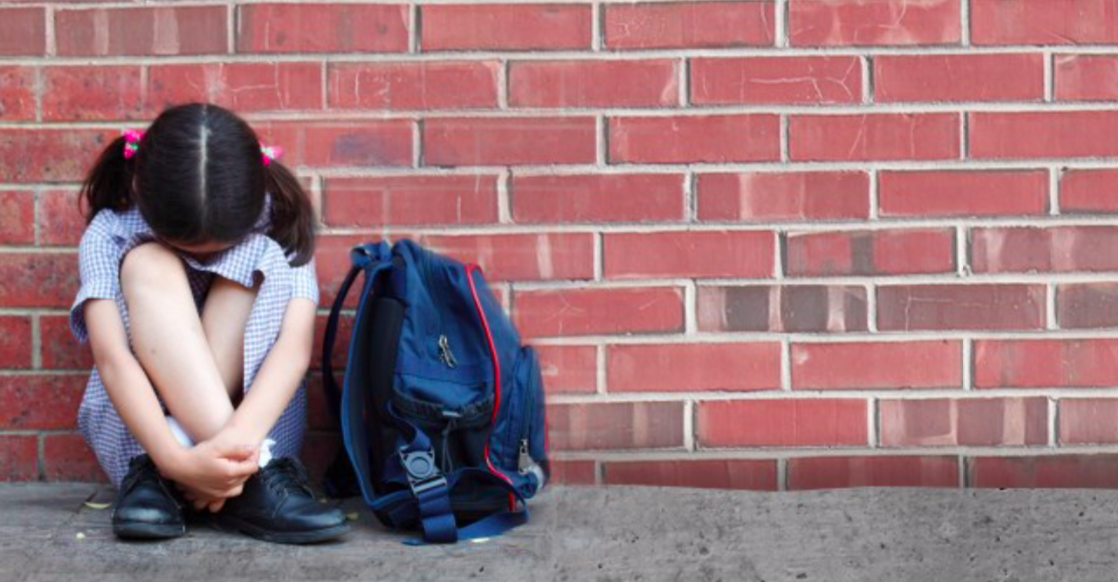“Come on! It is just part of growing up!” This is what an adult might say to a child if a child complains about being teased at school. Teasing is not usually harmful when done in a friendly and mutual way, and when both kids find it funny. However, when teasing becomes hurtful, unkind, and constant — it already crosses the line into bullying.
Here are some stats on bullying from the National Education System:
- 90% of students in grades 4-8 report having been harassed or bullied.
- 28% of students in grades 6-12 experience bullying.
- 20% of students in grades 9-12 experience bullying.
- In grades 6-12, 9% of students have experienced cyberbullying.
- Over 160,000 kids refuse to go to school each day for fear of being bullied.
- 70.6% of students report having witnessed bullying in their school–and over 71% say bullying is a problem.
- Over 10% of students who dropout of school do so due to being bullied repeatedly.
Bullying is a deliberate act. It is a desire to hurt or threaten or frighten someone. These usually verbal harassments can come in the form of words or actions. It can be done by one person or more, and can vary in the degree of severity. It can be an “on-and-off” thing, but it usually involves repeated actions by a child or a group of children. It can range from hitting, shoving, name-calling, threats, and mocking to extorting money and treasured possessions. Some kids bully by shunning others and spreading rumors about them. Others use email, chat rooms, instant messages, social networking websites, and text messages to taunt others or hurt their feelings. It can be one or a number of these, however, verbal abuse is the most common form of bullying.
Being a victim of bullying can cause emotional and psychological damage. The effects of ongoing bullying can be long-term, with the harm to the health and well-being of the bullied person lasting into adult life. It damages self-esteem, increases anxiety and can cause serious depression. Bullies are more likely to continue with the aggressive behavior and engage in delinquency and violence.
Research shows that bullying can have long-lasting effects, but particularly when it begins in adolescence. People subjected to either verbal or physical bullying are known to be at greater risk for developing depression, anxiety disorders or to behave violently. But not everyone reacts in this way. Children bullied for the first time before they hit puberty seem to get over it, but those who are victimized for the first time late on in puberty seem to become more aggressive or are more likely to turn to drink as a means of coping.
People who were bullied revealed slightly higher levels of stress, but while those bullied earlier in life seemed to respond normally to provocation, people bullied for the first time late in puberty are more withdrawn and sensitive to violence.
Bullying is a significant problem in schools and is associated with a range of problems, including poor mental health and violent behavior. Other studies have shown that bullies are more likely to engage in antisocial behavior later in life, particularly assaults and rapes. A research also shows that victims of bullying experience headaches, stomach aches and colds more often than students not involved in bullying.
Research into the source of bullying from the perspective of the bully has also begun to focus on vulnerability. Many researchers have suggested that bullies are often themselves victims of bullying and that they may be repeating a pattern of the learned abuse. Equally, it has been suggested that they may be projecting dislike or anger with themselves onto others.
If a child approaches an adult and talks about being bullied, focus on offering comfort and support. Children are often reluctant to tell adults about bullying. They feel embarrassed and ashamed that it’s happening. They worry that their parents will be disappointed. The best solution in all cases is strong social support, whether from friends, family or school. Those with no one to share their problems with usually suffered the most.
And if your child is the one doing the bullying, be sure to have a serious talk with them about how their behavior effects and hurts others. It is crucial they know it is not okay to bully anyone. If their behavior is not addressed they risk growing up not knowing the difference between right and wrong.
True, that bullying is part of growing up, but bullying can be as upsetting for a child and a family, however, there are a lot of people and resources that are available to help.







Be First to Comment